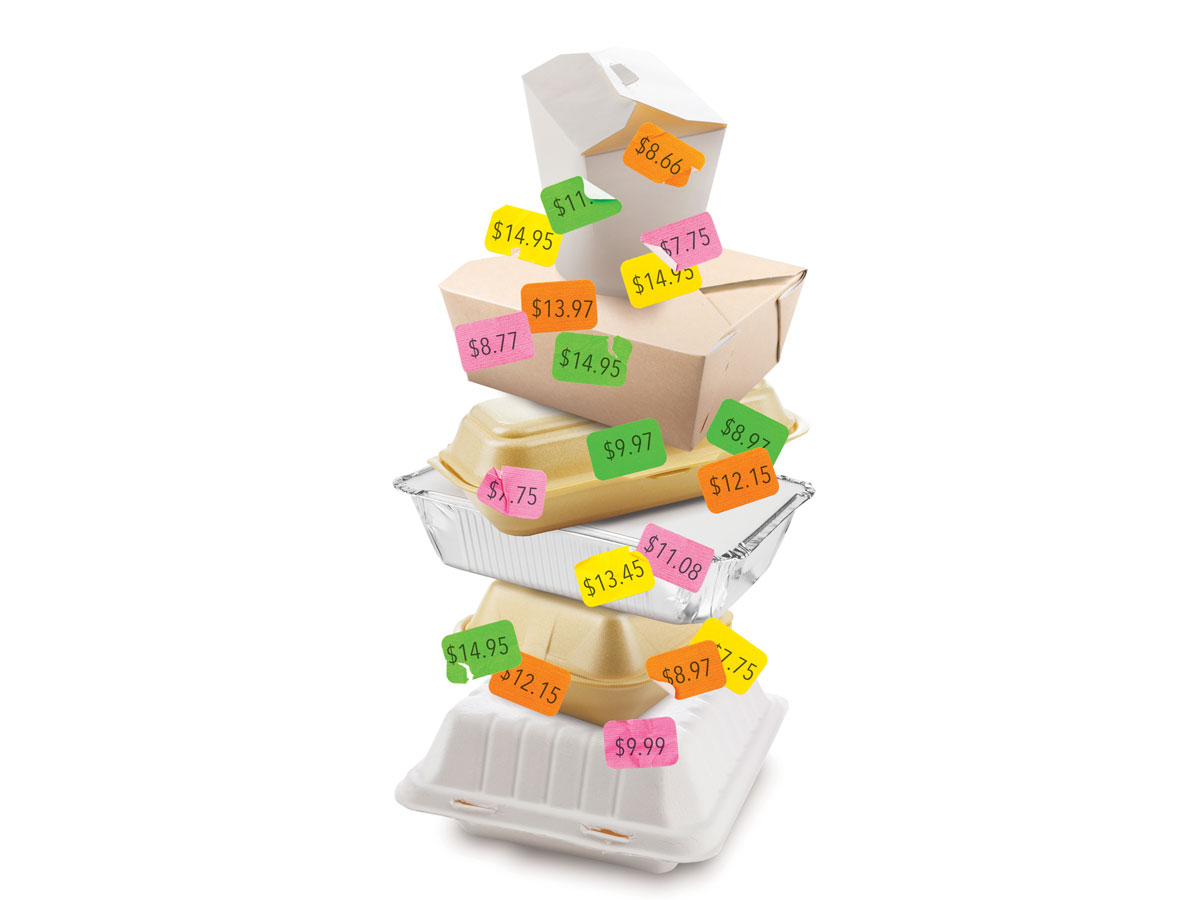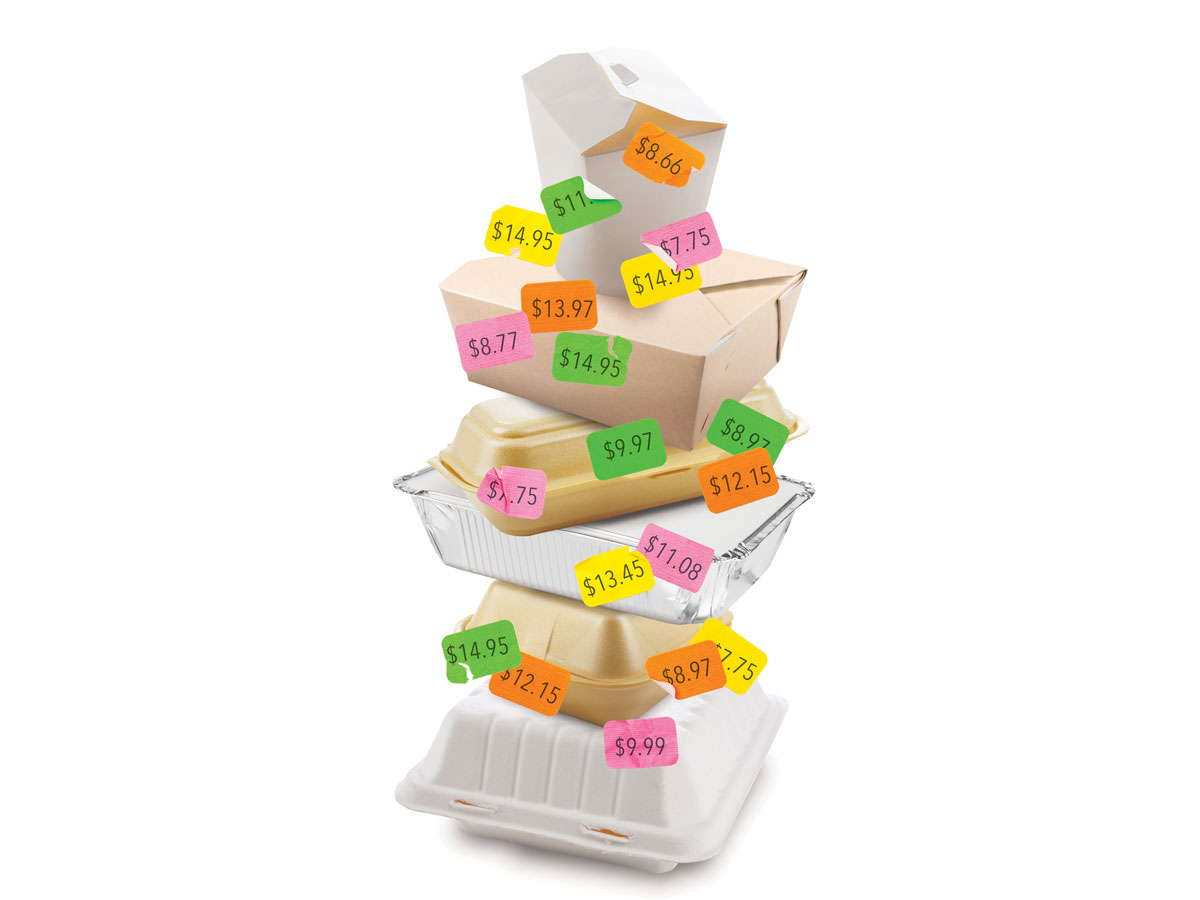
Beware the hidden tax bill on your office’s free lunches
 “Having lunch and snacks available is very common in the IT world,” says David Rotfleisch, a Toronto-based tax lawyer and CPA (iStock)
“Having lunch and snacks available is very common in the IT world,” says David Rotfleisch, a Toronto-based tax lawyer and CPA (iStock)
They say the best things in life are free. Try telling that to the employees of online marketing platform ScribbleLive. In the fall of 2018, approximately 200 of the Toronto-based tech company’s workers were dinged with sizable tax bills after enjoying free Friday lunches, which a Canada Revenue Agency audit later deemed a taxable benefit. As one former developer griped on the employer-review website Glassdoor, “Received a letter from CRA saying I need to pay $400 for ‘free lunches.’ ”
It’s nothing new for employers to offer benefits to their staff. But a flood of new tech startups—with their free artisanal snacks and subsidized Uber rides—is opening up a minefield of potential payroll mishaps and subsequent CRA investigations.
“Going after taxable benefits has always been low-hanging fruit,” says David Rotfleisch, a Toronto-based tax lawyer and CPA who has worked with startups. “The letter of the law on that is clear and hasn’t changed; it’s the nature of inducements and benefits at companies that has changed.” A statement from the CRA’s media team confirms this: “It is important to note that there have been no recent changes to the treatment of taxable benefits in respect of meals, nor has the CRA expanded compliance efforts in this area.”
Ultimately, it’s the responsibility of companies themselves to determine whether they can navigate the risks of offering employee incentives. The CRA has made public its employers’ guide to taxable benefits and allowances to assist payroll departments in gauging the taxability of any given benefit. Still, the law on what is or isn’t taxable is fairly broad (“the value of board, lodging or other benefits of any kind”) and the pool of perks is ever expanding, so financial discernment in startups will need to be at an all-time high.
“Two hundred employees were dinged with sizable tax bills. One griped, “received a letter from CRA saying I need to pay $400 for ‘free lunches.’”
“Having lunch and snacks available is very common in the IT world,” Rotfleisch says. “But if you’re getting into more well-funded startups, they may provide daycare services or onsite gyms.” (These offerings are non-taxable in some conditions; it’s best to check the CRA website to be sure.) The grey area arises in cases where a CRA payroll assessor has decided to conduct an audit. It may not be reasonable to crack down on every perk, says Rotfleisch. “Should the CRA be focusing on a coffee service that workers may or may not be using?” The taxman might not come for your coffee, he adds, but for anything beyond that, it would be wise to seek professional advice.
“Relatively small amounts of benefits can add up to a lot of money,” says Bruce Ball, an FCPA and CPA Canada’s vice-president of taxation.
Ball says diligence is key from the outset. He advises that companies consult employer resource materials, including existing CRA literature and the Canadian Payroll Association, which offers best practices to give payroll workers sufficient guidance. Another reason for diligence? Settling disputes around taxable benefits is, well, awkward. “It would be a lot easier if the employer could say, ‘I made a mistake! Can I just pay all the tax on behalf of all the employees?’ ” Ball says. “The CRA won’t let you do that, unfortunately; they want to process them all individually.”
Because “there aren’t many perks that aren’t taxable,” says Ball, he encourages employers to be very clear on their motives for offering them, rather than reflexively tossing out swag, Oprah-style. “If you’re offering a benefit, who is the one getting the primary benefit?” says Ball. “The rules can get pretty complicated, whether it’s a $500 award for performance or a gift card.” It’s also important to determine whether perks are subject to CPP (applicable in most cases) and EI (applicable mostly to cash goods).
When companies offer a taxable benefit, it’s not uncommon for them to kick in a bit of extra money to cover the tax. “This is more for larger benefits,” says Ball. “The idea is, ‘We want to give you the benefit, but we don’t want you to be out-of-pocket for it, either.’ ” That extra money is itself taxed, but the hope is that the blow will be lessened. In the end, there really is no such thing as a free lunch.